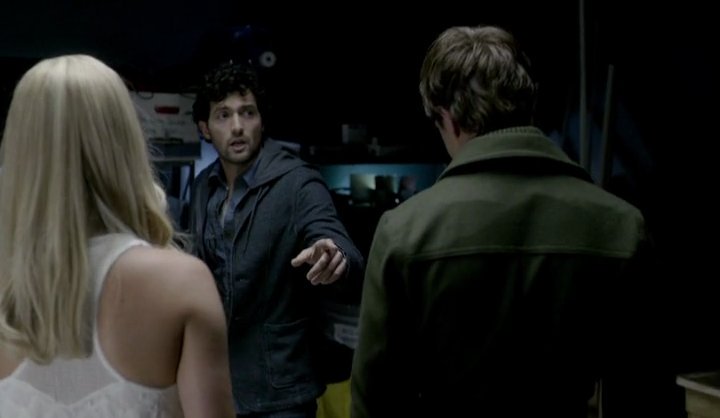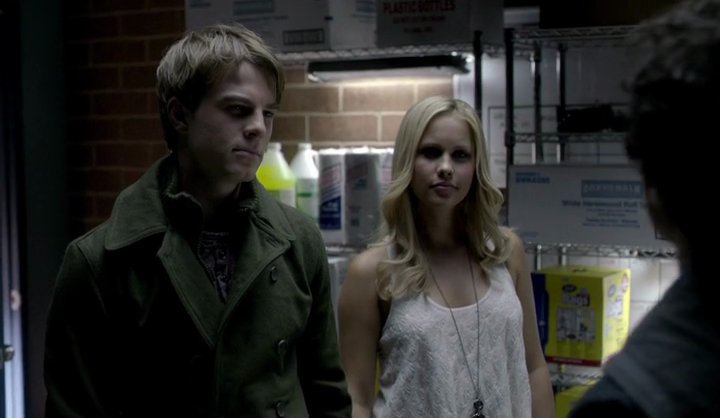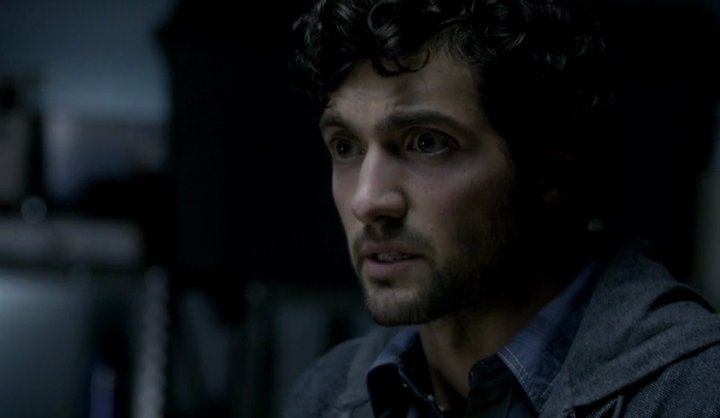$14m increased pension and healthcare contributions due to poor CY18 investment performance
$17m in contract escalators other than Keolis
$16m in Keolis escalators
1) Continue to maintain PCCs ("no build")
2) Buy replica PCCs
3) Repurpose Type 9 LRVs after Type 10 procurement completed
4) Buy unique new LRVs in a small expensive order
5) 60-foot diesel buses
6) 60-foot battery buses
Shortsleeve: what about operating costs?
Aiello: actually, what about lifecycle costs?
Pollack: strategic plan says evaluate based on lifecycle costs
MTN: do costs include maintenance facility replacement? (A: yes)
MTN: automation? (A: not studued)

















